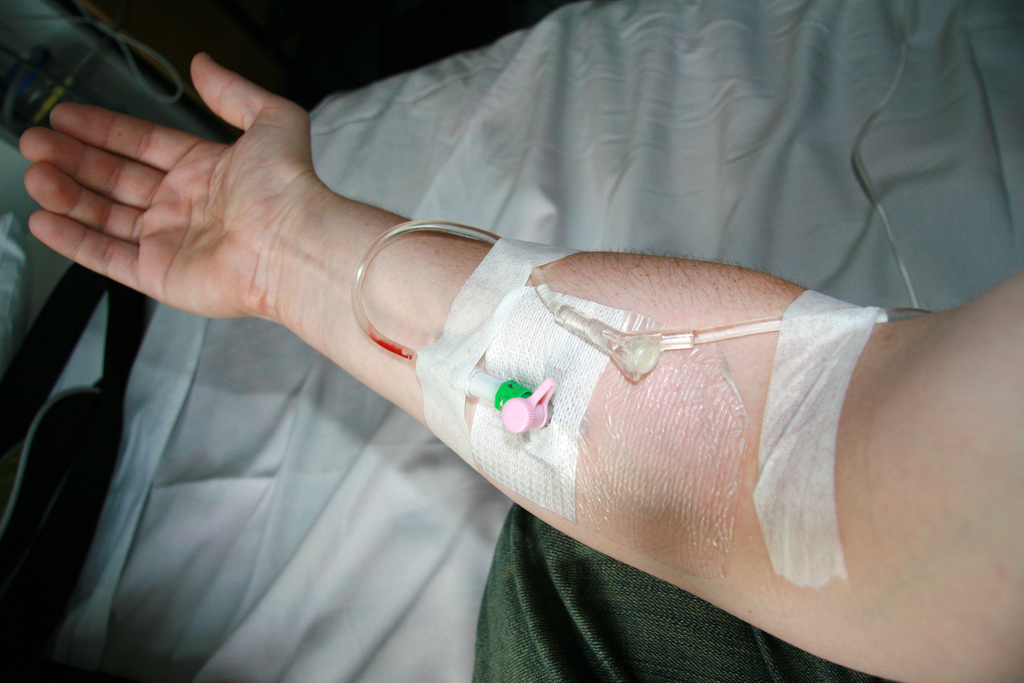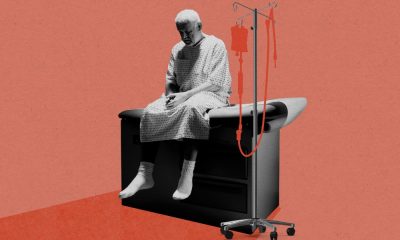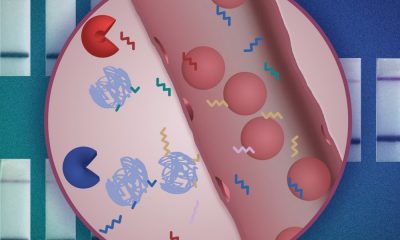A revolutionary new study has found that the toxic effects of a common chemotherapy drug can be passed to the third generation of adolescent cancer survivors.
The study, published in the journal iScience, found that adolescent male rats who received ifosfamide, a common chemotherapy drug, had an increased probability of passing on the disease to their children and grandchildren.
The research led by Washington State University (WSU) is the first one to find that the susceptibility to disease due to cancer treatment can be inherited down to the third generation of unexposed offspring.
“The findings suggest that if a patient receives chemotherapy, and then later has children, that their grandchildren, and even great-grandchildren, may have an increased disease susceptibility due to their ancestors’ chemotherapy exposure,” Michael Skinner, a WSU biologist and corresponding author on the study, said, reported SciTechDaily.
However, the researchers do not want people to avoid chemotherapy as a consequence of the results of the study, since it is quite an effective treatment for cancer.
Instead, the researchers suggest cancer patients utilize cryopreservation techniques to freeze sperm or ova before starting chemotherapy if they plan on having children later in life.
In the study, a set of young male rats were treated with ifosfamide over three days, similar to the treatment of an adolescent cancer patient. Next, the rats were bred with female rats, previously unexposed to the drug. The offspring from the mating was bred again with a different set of unexposed rats.
Not only the first, but also the second-generation offspring, who had no direct exposure to the drug, had a greater incidence of disease, the study found.
Minor differences by generation and sex notwithstanding, the offspring exhibited a greater incidence of kidney and testis disease, delayed onset of puberty, and irregularly low anxiety.
The researchers also studied the rats’ epigenomes, and found epigenetic changes in two generations were associated with the chemotherapy exposure of the first-generation rats.
“We could potentially determine if a person’s exposure had these epigenetic shifts that could direct what diseases they’re going to develop, and what they’re going to potentially pass on to their grandchildren,” Skinner said. “We could use epigenetics to help diagnose whether they’re going to have a susceptibility to disease.”
To gather further evidence to substantiate the results of the study, Skinner and his team are currently working on a study involving former adolescent cancer patients, and analyzing the effects of chemotherapy on fertility and disease susceptibility in later life.
A better understanding of chemotherapy’s effect on epigenetics could help patients have an idea of their chances of developing certain diseases, allowing chances of earlier prevention and treatment, Skinner said.
















